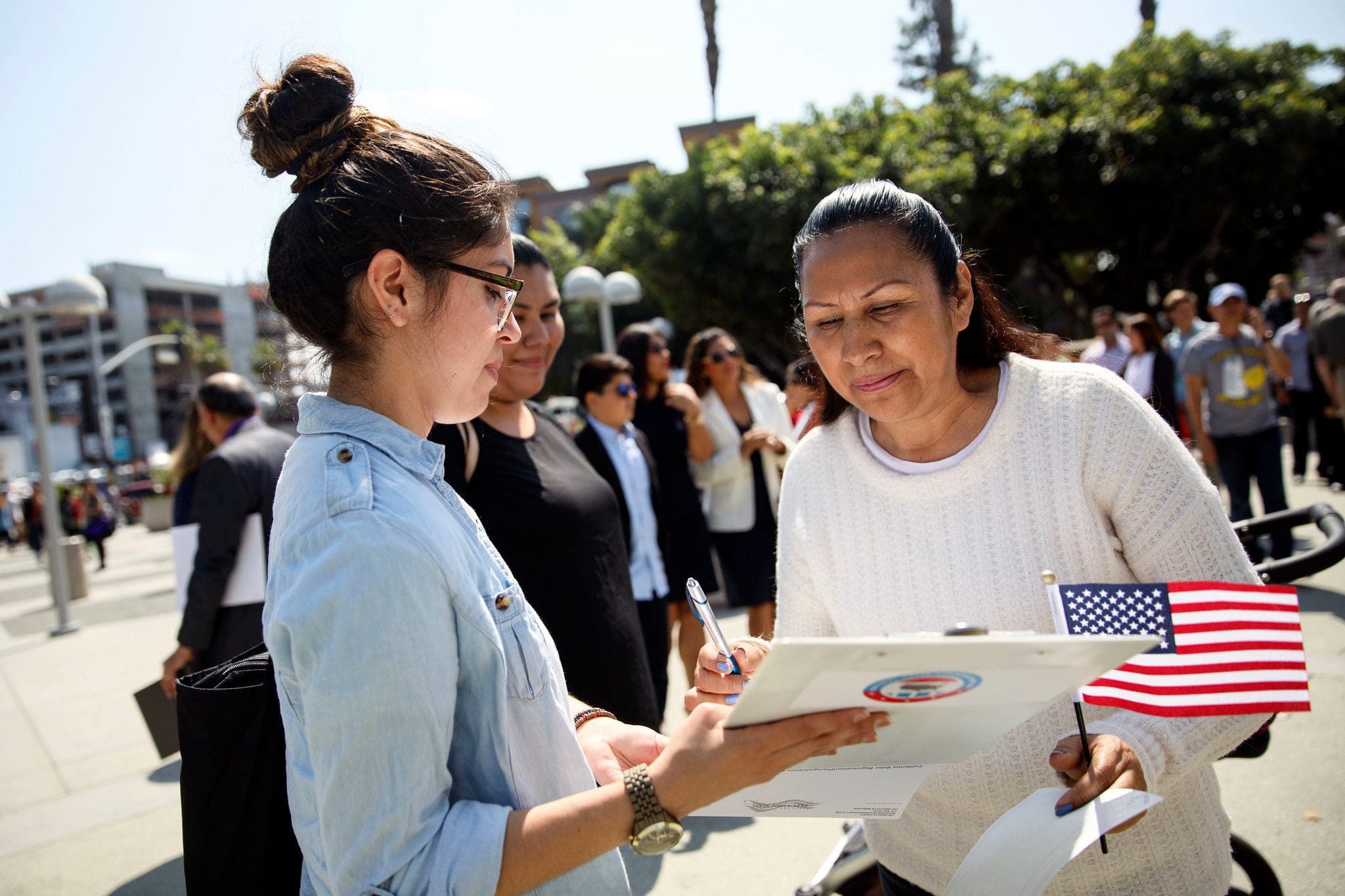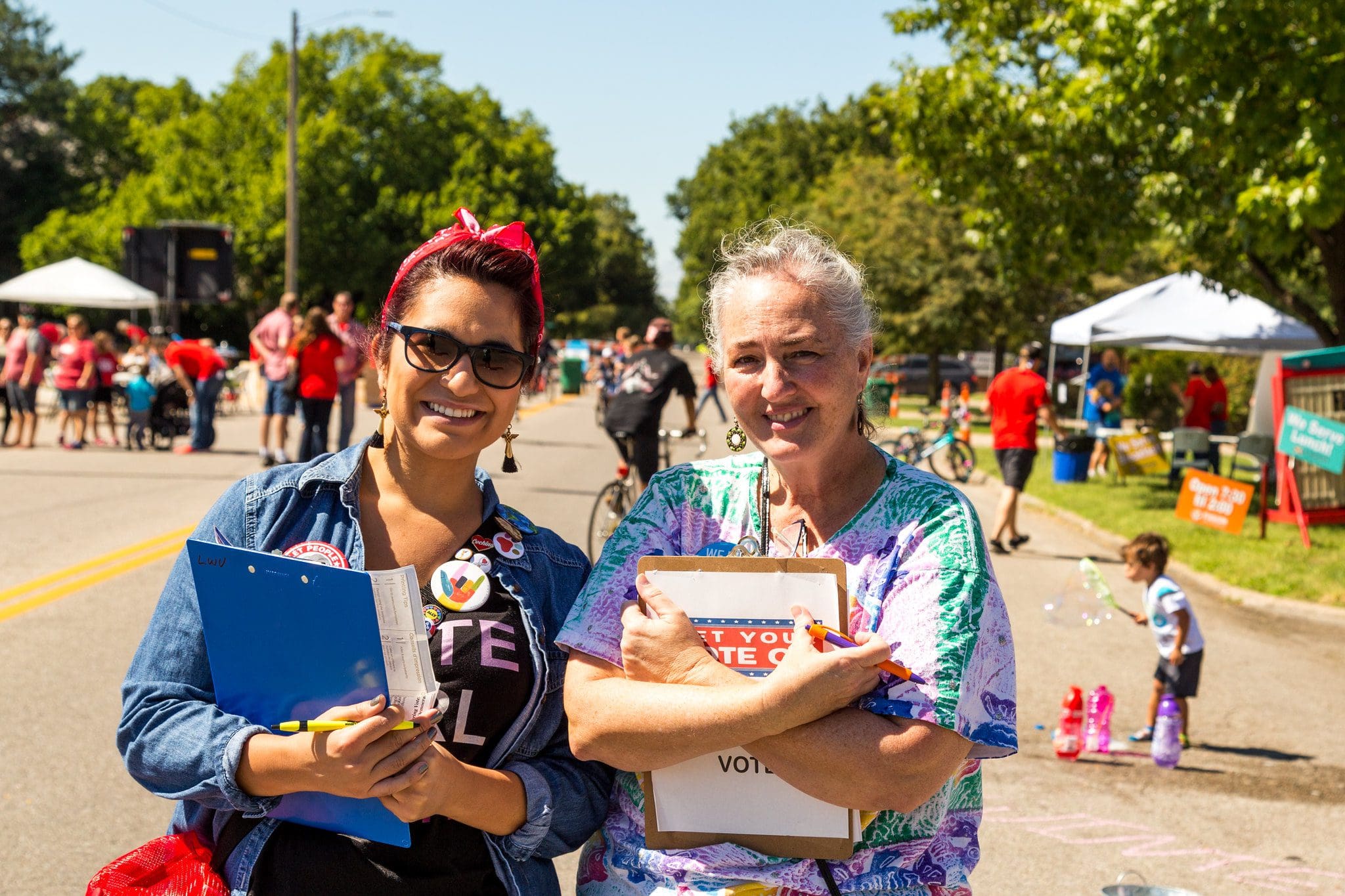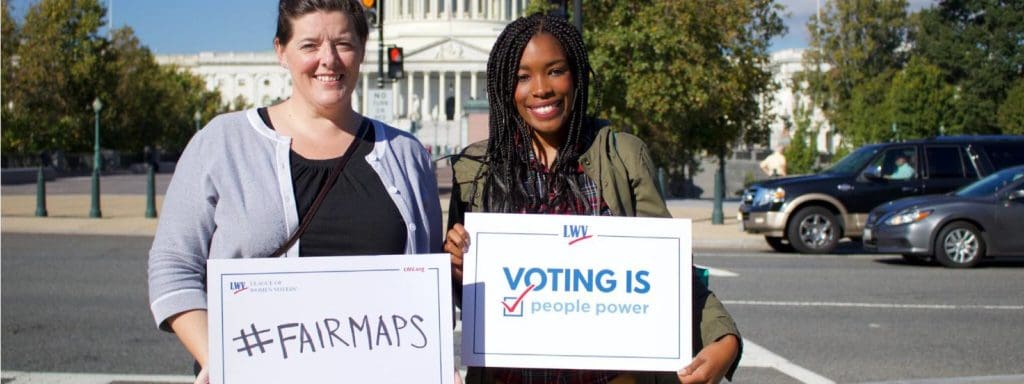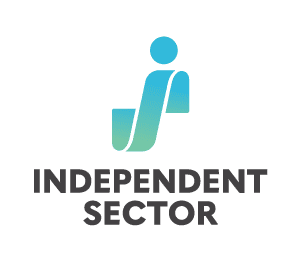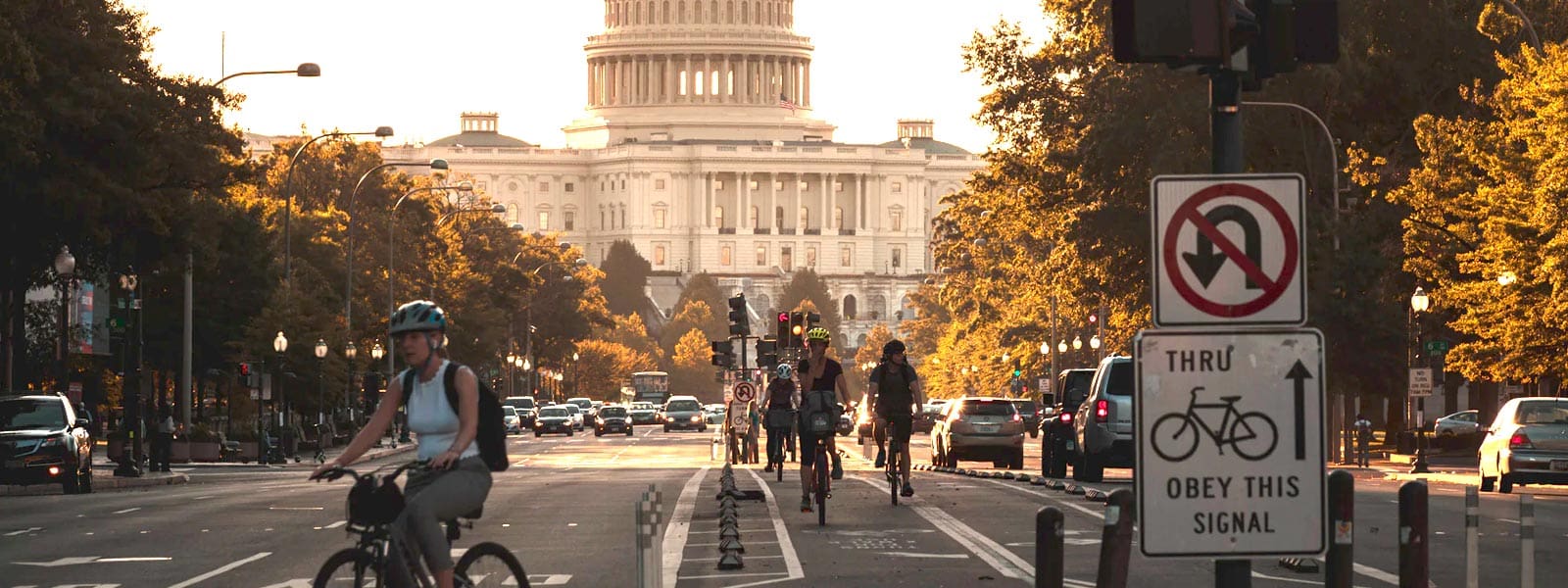As a home for nonprofits, foundations, and corporate allies engaged in every kind of charitable endeavor, Independent Sector is proud to have a long history of working on public policy issues that impact nonprofits across the board. We are also fortunate that our efforts often entail working closely with many of our own members that are engaged in the public policy arena. One such member, League of Women Voters (LWV), encourages informed and active participation in government, and works to increase understanding of major public policy issues. The League also influences public policy through education and advocacy. To learn about this aspect of their work, we spoke with Senior Director of Advocacy and Litigation, Celina Stewart.
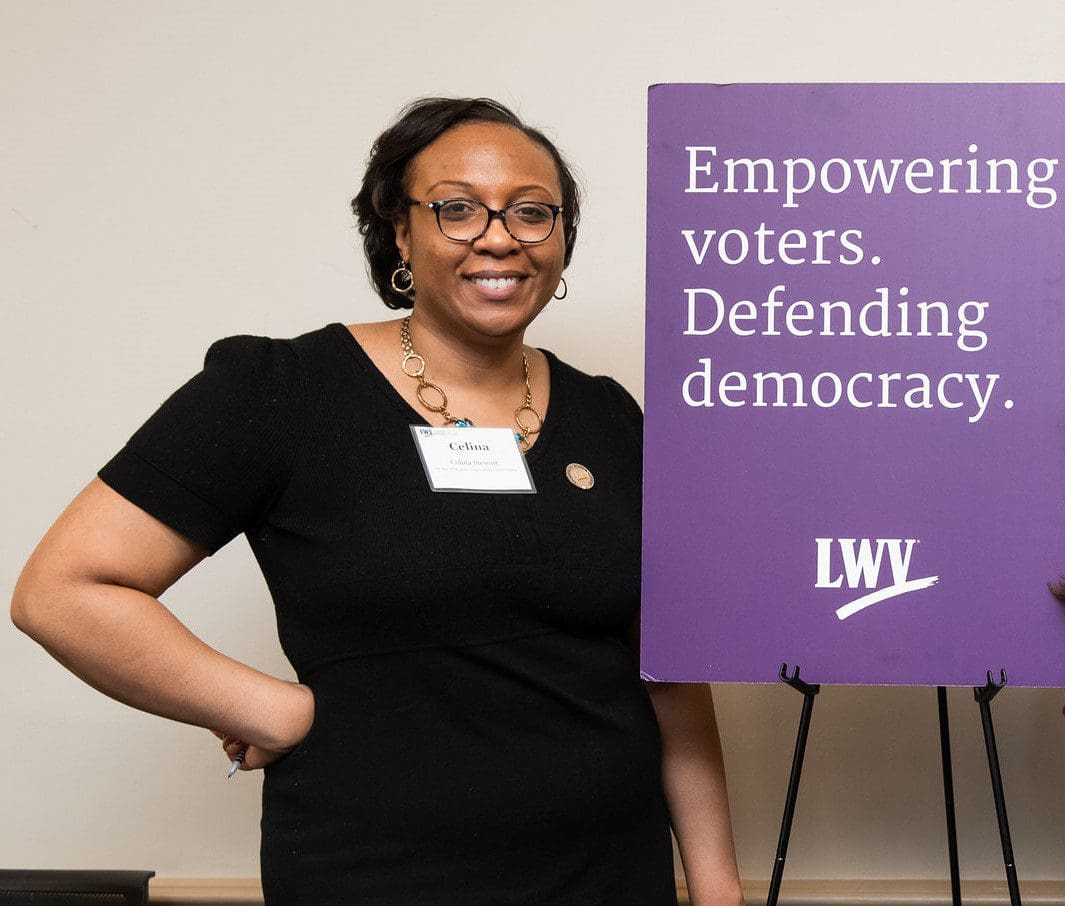
Tell us about the role you play at your organization.
CS: As Senior Director of Advocacy and Litigation, my work is two-fold: one part advocacy and education, and one part lobbying. As a national organization with affiliates in all 50 states and DC, we cover nearly every congressional district in the country. We support state and local Leagues as strategic partners for grassroots and civic education work, and we act as the lead lobbyists for the Leagues in Washington. My team of five is a small but mighty group of super-talented individuals who work quickly to serve the needs of more than 750 Leagues.
How did you become interested in working in public policy?
CS: I have been interested in public policy since I was a teenager. I was president of the law strand in my high school, tackling public policy issue through a series of moot courts and training my peers on effective persuasive arguments. Then in law school I earned a temporary position with the Tax Chair at the Michigan House of Representatives and was fortunate that my work evolved to a permanent position overseeing his public interest portfolio. It was because of my passion for finding solutions and convincing representatives of why these compromises were good for their districts and the state that manifested that opportunity. It was during that time that I really connected with my passion for public policy and recognized that I had a knack for solving problems and engaging people indisc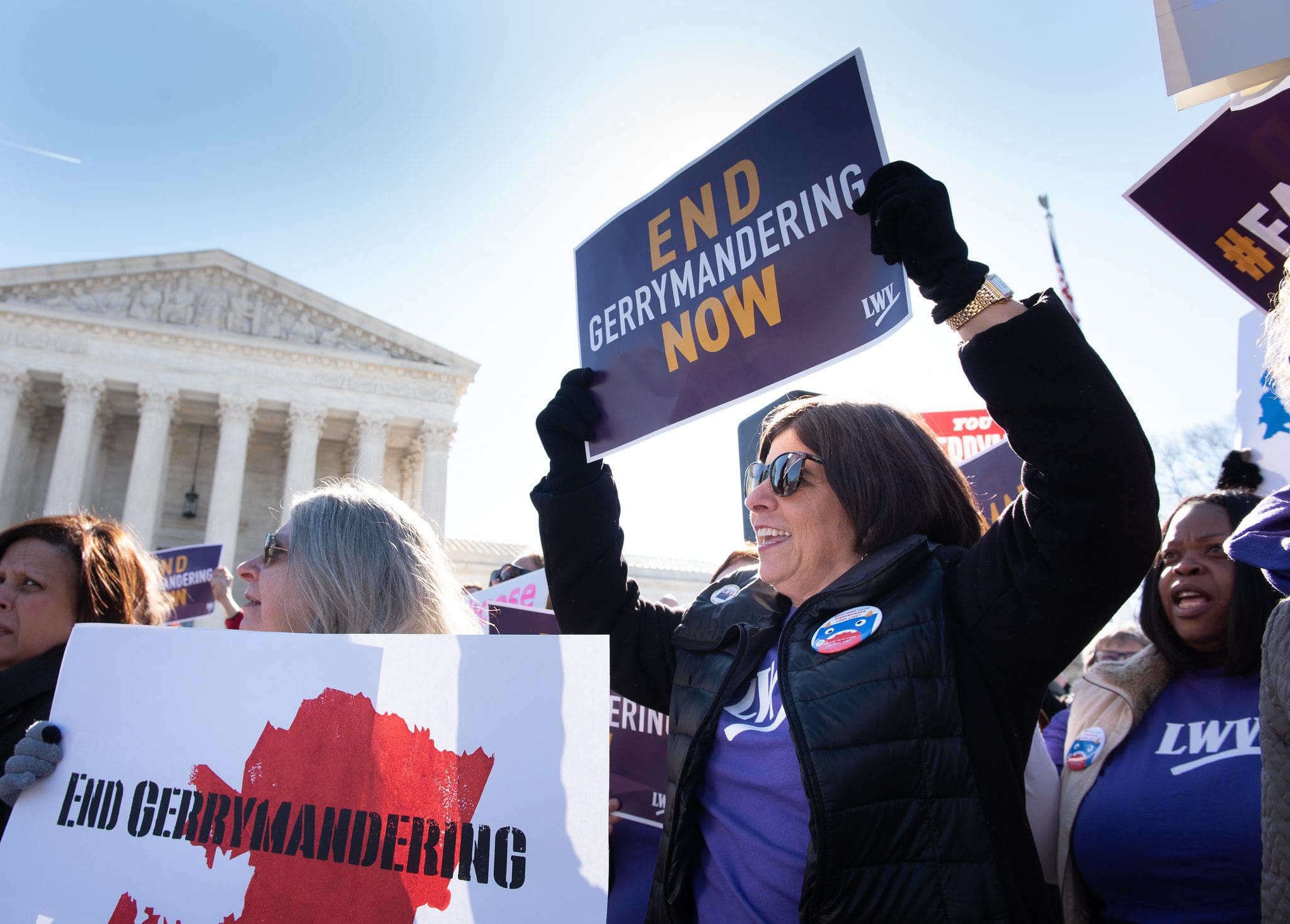 ussions towards a solution.
ussions towards a solution.
Why is it important for your constituents to advocate for themselves?
CS: Advocating for yourself or your community is about telling your story to decision-makers. And no one can speak better to your situation than you. Self- or community-based advocacy gives each individual a unique platform to communicate a personal perspective, teaches you how your own experiences can connect to others, and unites people who may otherwise think they are different. It’s a way to expand the perspective and include people who have a shared experience. This is especially important if you have any desire to change the world around you for the better.
Tell us one thing that policymakers are surprised to learn about you and the people you serve.
CS: That the League is truly nonpartisan. Political strife is at an all-time high and it is much tougher to find middle ground sometimes. But it is important to remember that that has not always been the case. There have been decades where people were on opposite sides of an issue but the willingness to talk to opposing folks was sacred. And the only way we can get back to that is by showing up to conversations without judgment and with a willingness to listen. I can tell you from first-hand experience, there are rarely “bad” people and that when you sit with someone one-on-one and discuss things that matter to us all: safety, family, and ability to live free—those are powerful themes that connect us all.
What has been the most noteworthy area where you have seen progress lately?
CS: Voter purges have been pretty rampant in the last five years or so. Just last year, the League drafted nearly a dozen letters to Secretaries of State requesting purges to be eliminated because they violated the National Voter Registration Act (aka the “motor voter” law). In all of those states, the Secretaries worked with the League to eliminate the purge or dial it back to what was absolutely necessary to maintain clean voter rolls. That is progress that we are proud of and plan to continue. Of course we could not do this without talented legal partners, as well. And it gives me solace that many Secretaries of State are working collaboratively with Leagues behind the scenes to protect voters. That work is so core to the League’s mission to empower voters and defend democracy.
Learn more about the League of Women Voters’ advocacy efforts at lwv.org
